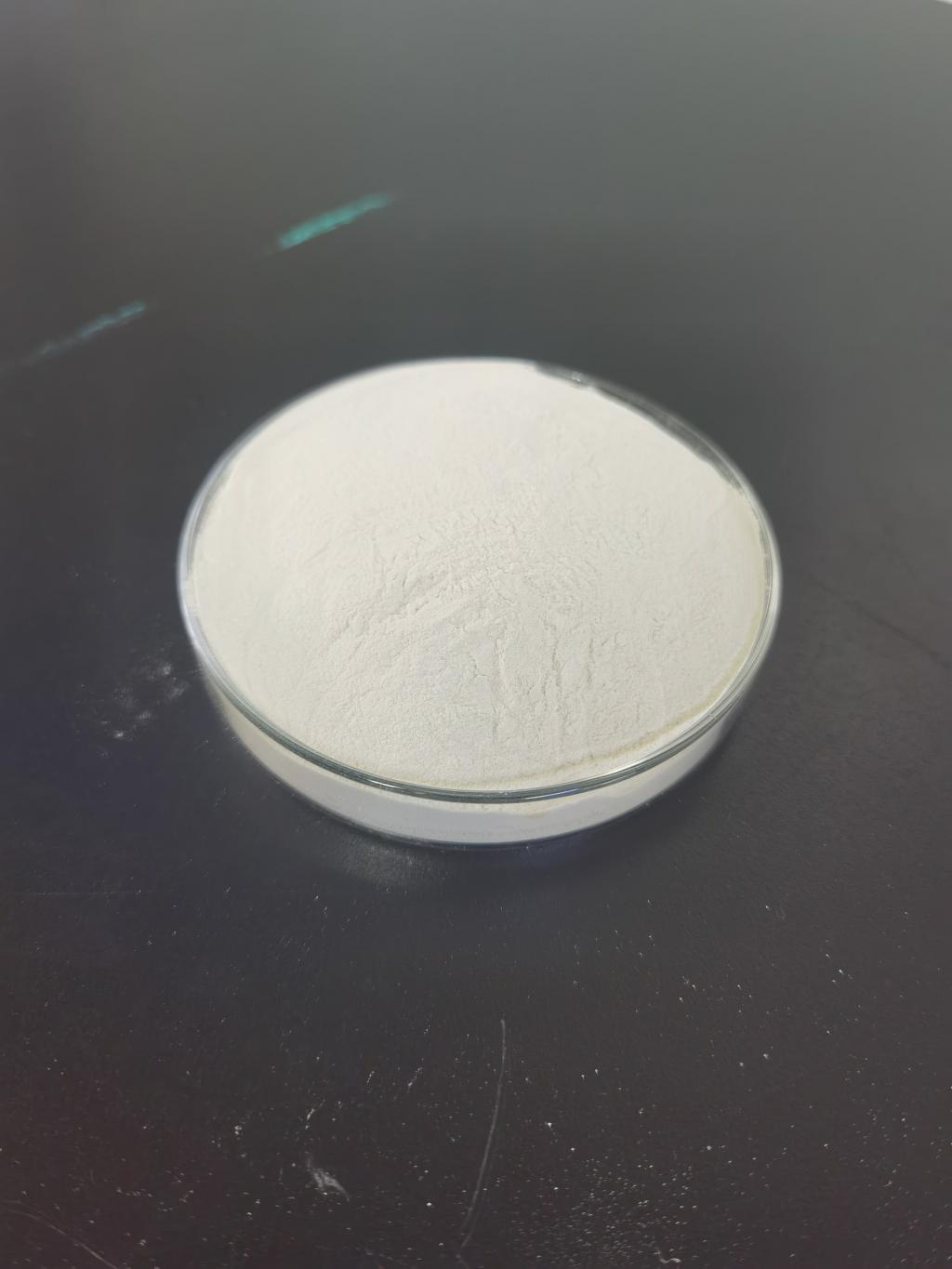Tel:+8618231198596

News
 CONTACT
CONTACT
 CONTACT
CONTACT
- Linkman:Linda Yao
- Tel: +8618231198596
- Email:linda.yao@dcpharma.cn
- Linkman:CHARLES.WANG
- Department:Overseas
- Tel: 0086 0311-85537378 0086 0311-85539701
News
Research on Nisin explores its potential in cancer therapy.
TIME:2024-06-21
Mechanisms of Action Against Cancer Cells
Nisin exerts its effects on cancer cells through multiple mechanisms:
Disruption of Cell Membranes: Similar to its action on bacterial membranes, nisin can disrupt cancer cell membranes by forming pores or channels. This disruption leads to leakage of cellular contents and eventually cell death.
Induction of Apoptosis: Nisin has been shown to induce programmed cell death (apoptosis) in cancer cells through various pathways, including activation of caspases and modulation of Bcl-2 family proteins.
Anti-proliferative Effects: Nisin inhibits cancer cell proliferation by interfering with cell cycle progression and signaling pathways essential for cell growth and division.
Anti-angiogenic Activity: Nisin may inhibit the formation of new blood vessels (angiogenesis) that supply nutrients and oxygen to tumors, thereby limiting their growth and metastasis.
Preclinical Studies and Experimental Evidence
Preclinical studies have provided compelling evidence of nisin's anticancer potential:
In Vitro Studies: Nisin has demonstrated cytotoxic effects against a wide range of cancer cell lines, including breast cancer, colon cancer, prostate cancer, and melanoma cells. These studies have highlighted its selective toxicity towards cancer cells compared to normal cells.
In Vivo Studies: Animal studies have shown that nisin can inhibit tumor growth and metastasis in mouse models of various cancers. These findings underscore its therapeutic efficacy and safety in vivo.
Clinical Trials and Human Studies
While most research on nisin's anticancer effects has been preclinical, a few clinical trials and human studies have begun to explore its potential:
Phase I Trials: Early-phase clinical trials have focused on establishing the safety and pharmacokinetics of nisin in humans. These trials have demonstrated its tolerability and preliminary efficacy in cancer patients.
Phase II Trials: Ongoing and planned phase II trials aim to evaluate the efficacy of nisin as a monotherapy or in combination with standard cancer treatments. These trials seek to validate preclinical findings and assess nisin's potential as a therapeutic adjunct in oncology.
Challenges and Considerations
Despite promising findings, several challenges and considerations exist in advancing nisin as a cancer therapy:
Bioavailability: Optimizing nisin's bioavailability and stability in vivo remains a critical challenge. Strategies such as formulation development and delivery systems (e.g., nanoparticles) are being explored to enhance its efficacy.
Mechanistic Understanding: Further elucidation of nisin's molecular mechanisms of action against cancer cells is needed to optimize treatment strategies and minimize potential side effects.
Regulatory Approval: Regulatory approval for nisin as a therapeutic agent in cancer treatment requires rigorous clinical validation, which necessitates well-designed clinical trials and robust safety data.
Future Directions and Research Opportunities
Looking ahead, several avenues for future research on nisin in cancer therapy are promising:
Combination Therapies: Investigating synergistic effects of nisin with conventional chemotherapy, radiation therapy, or immunotherapy to enhance treatment outcomes and overcome resistance mechanisms.
Targeted Therapies: Exploring targeted delivery approaches to selectively deliver nisin to tumor tissues while minimizing off-target effects on healthy tissues.
Personalized Medicine: Advancing towards personalized cancer therapies by identifying biomarkers predictive of nisin response and patient stratification.
Conclusion
Nisin represents a promising natural peptide with multifaceted potential in cancer therapy, leveraging its antimicrobial origins to target cancer cells through distinct mechanisms of action. While early research is encouraging, ongoing studies and clinical trials are essential to validate its efficacy, safety, and therapeutic utility in diverse cancer types. With continued scientific exploration and innovation, nisin holds the potential to complement existing cancer treatments and improve outcomes for patients worldwide.
- Tel:+8618231198596
- Whatsapp:18231198596
- Chat With Skype







